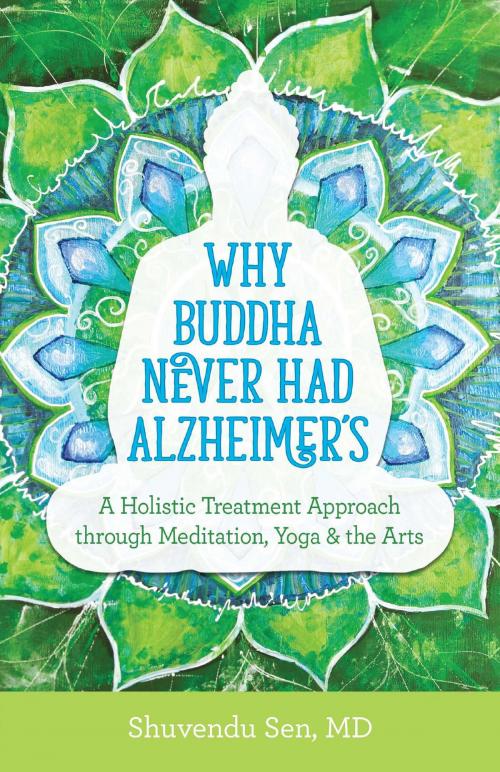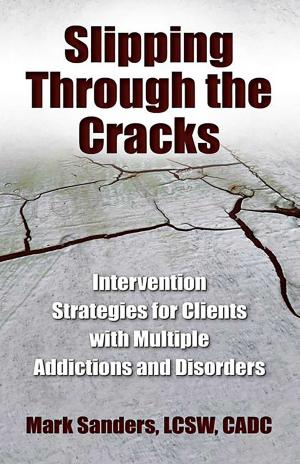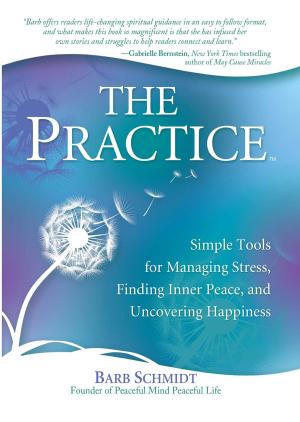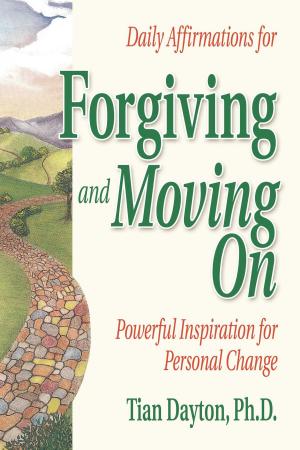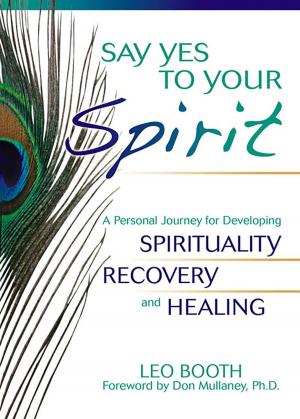Why Buddha Never Had Alzheimer's
A Holistic Treatment Approach through Meditation, Yoga, and the Arts
Nonfiction, Health & Well Being, Health, Aging, Fitness, Yoga, Self Help| Author: | Dr. Shuvendu Sen, MD | ISBN: | 9780757319952 |
| Publisher: | Health Communications Inc | Publication: | October 24, 2017 |
| Imprint: | Health Communications Inc EB | Language: | English |
| Author: | Dr. Shuvendu Sen, MD |
| ISBN: | 9780757319952 |
| Publisher: | Health Communications Inc |
| Publication: | October 24, 2017 |
| Imprint: | Health Communications Inc EB |
| Language: | English |
Who among us is not affected by issues such as stress, depression, personality and behavioral changes, agitation, hypertension or high cholesterol—to name a few? Did you know that these are some of the cognitive and biological deficiencies that are associated with Alzheimer's?
It is estimated that 5.4 million people in the U.S. are afflicted with Alzheimer's disease. In its capacity to completely destroy personalities, relationships and daily living, we cannot afford to continue thinking of it as a private disease. Alzheimer's is a family problem—ruthless in its scope and spread. And despite relentless trials and research studies, scientists have not found a drug to control it. Even worse, there isn't even a fully reliable diagnostic test for it. Alzheimer's disease has become a gigantic specter that looms before all of us as we age, and it is advancing unimpeded.
Today we know that contributing factors and symptoms (such as stress and hypertension) can be alleviated with holistic, alternate management approaches—like meditation, yoga, music therapy and virtual reality therapy. Research studies from Harvard Medical School, Johns Hopkins University and Mayo Clinic, among many others, have demonstrated the comprehensive benefits of yoga and meditation on various aspects of the human mind—and when you think about it, that's where Alzheimer's disease develops—in the mind.
But, how can meditation and yoga stop or even reverse the course of Alzheimer's? They set the mind on an inward journey where the risk factors that precipitate the disease are formed. This bridging of the old and new creates an imperative paradigm shift in our perspective toward Alzheimer's disease management. Why Buddha Never Had Alzheimer's is precisely what is needed to cause a drastic and necessary revolution in medical care.
Who among us is not affected by issues such as stress, depression, personality and behavioral changes, agitation, hypertension or high cholesterol—to name a few? Did you know that these are some of the cognitive and biological deficiencies that are associated with Alzheimer's?
It is estimated that 5.4 million people in the U.S. are afflicted with Alzheimer's disease. In its capacity to completely destroy personalities, relationships and daily living, we cannot afford to continue thinking of it as a private disease. Alzheimer's is a family problem—ruthless in its scope and spread. And despite relentless trials and research studies, scientists have not found a drug to control it. Even worse, there isn't even a fully reliable diagnostic test for it. Alzheimer's disease has become a gigantic specter that looms before all of us as we age, and it is advancing unimpeded.
Today we know that contributing factors and symptoms (such as stress and hypertension) can be alleviated with holistic, alternate management approaches—like meditation, yoga, music therapy and virtual reality therapy. Research studies from Harvard Medical School, Johns Hopkins University and Mayo Clinic, among many others, have demonstrated the comprehensive benefits of yoga and meditation on various aspects of the human mind—and when you think about it, that's where Alzheimer's disease develops—in the mind.
But, how can meditation and yoga stop or even reverse the course of Alzheimer's? They set the mind on an inward journey where the risk factors that precipitate the disease are formed. This bridging of the old and new creates an imperative paradigm shift in our perspective toward Alzheimer's disease management. Why Buddha Never Had Alzheimer's is precisely what is needed to cause a drastic and necessary revolution in medical care.
